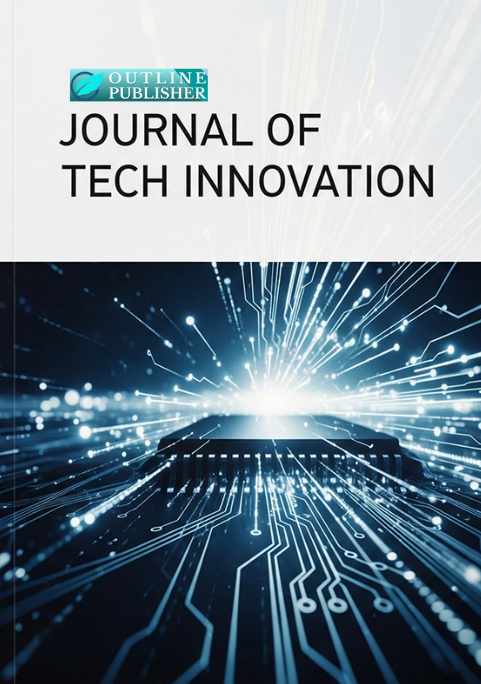The Role of Artificial Intelligence in Optimizing Macroeconomic Policy
Keywords:
Artificial Intelligence, Macroeconomic Policy, Inflation, GDP Growth, Fiscal AnalysisAbstract
The rapid advancement of digital technology has transformed the way governments and economic institutions formulate policies. Artificial Intelligence (AI) has emerged as a strategic tool capable of improving accuracy in analysis, forecasting, and macroeconomic decision-making. This study examines the role of AI in optimizing macroeconomic policies through three variables: inflation forecasting, Gross Domestic Product (GDP) growth projection, and fiscal analysis. A quantitative approach was employed using multiple linear regression, normality tests, t-tests, F-tests, and the coefficient of determination (R²) to assess the contribution of independent variables to macroeconomic policy optimization. The findings reveal that all independent variables positively and significantly influence policy optimization. Among them, AI in GDP growth prediction shows the strongest effect, with the highest beta coefficient. The R² value of 57.7% indicates that more than half of the variation in macroeconomic policy optimization is explained by the application of AI. Model validation tests further demonstrate that AI-based predictions align closely with actual data, and residuals are evenly distributed, strengthening the reliability of the model. The practical implications highlight the importance of integrating AI as a primary analytical instrument in fiscal and monetary policymaking. Furthermore, reinforcing digital infrastructure, promoting data literacy, and developing supportive regulations are essential to ensure sustainable and ethical AI implementation. Overall, this study emphasizes that AI is not merely a technological innovation but also a strategic foundation for building adaptive and sustainable macroeconomic policies in response to global challenges.




















